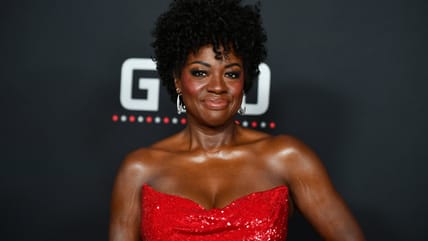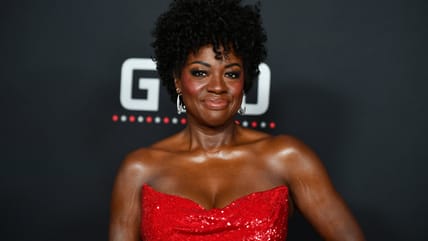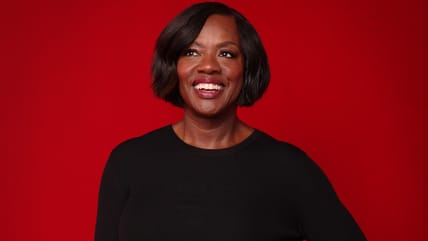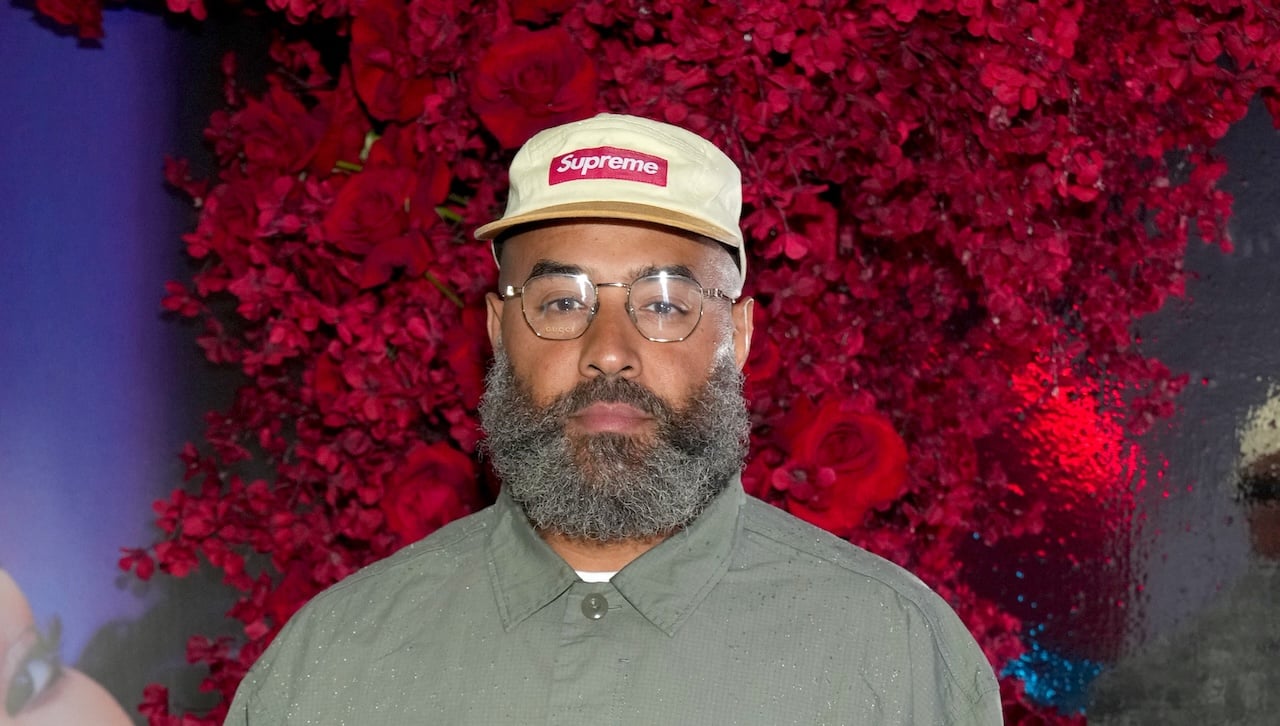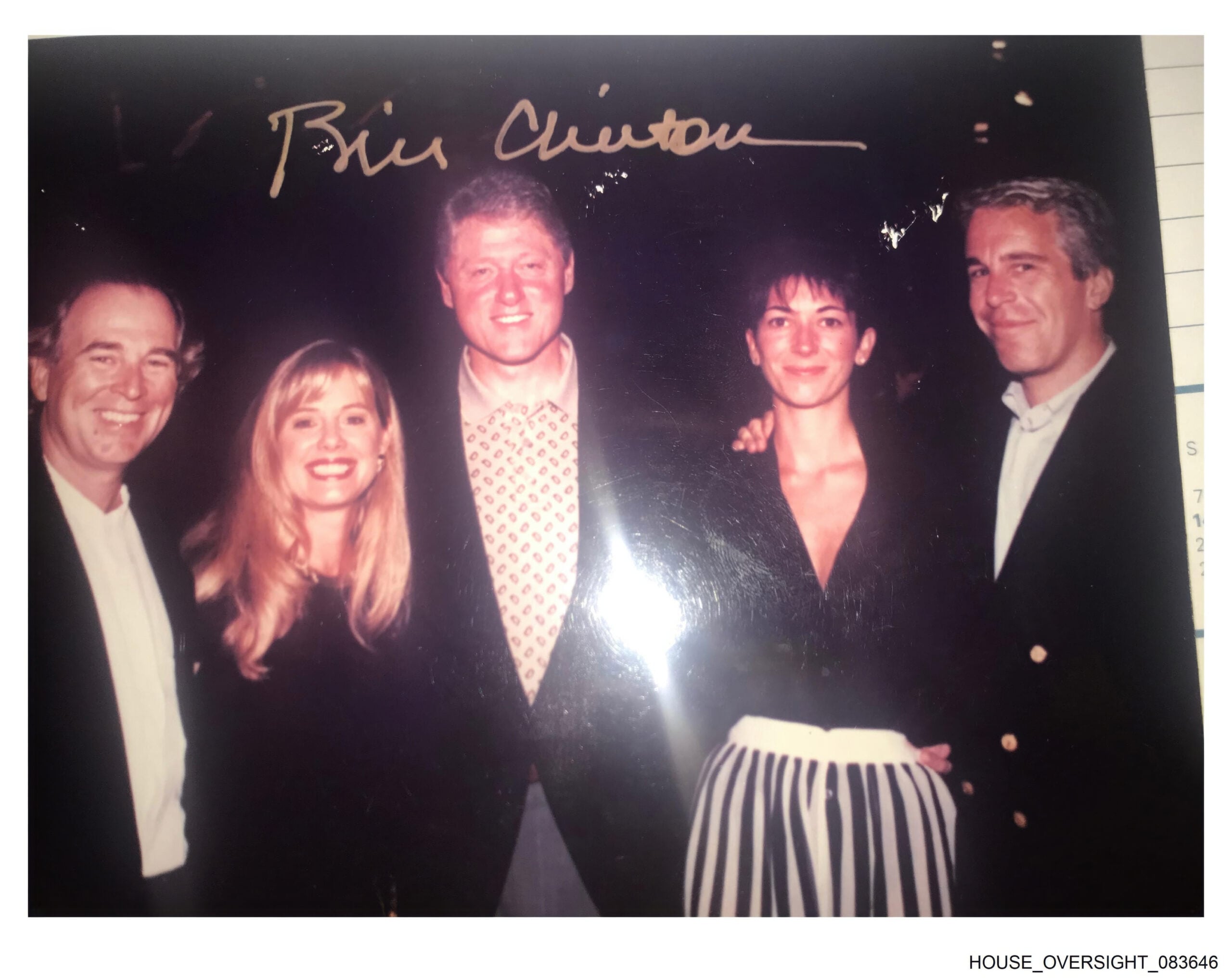Viola Davis has never been one to shy away from the truth, especially when it comes to the deeply embedded racial dynamics of the entertainment industry. In a recent conversation with Sam Fragoso on the “Talk Easy” podcast, the EGOT winner peeled back the curtain on her years at the prestigious Juilliard School of Performing Arts in New York City, describing the experience as nothing short of “out-of-body.” Davis graduated from Juilliard in 1993.
When asked directly if Juilliard was shaping her into a good actress or a “perfect white actress,” Davis didn’t hesitate: “Definitely a perfect white actress.”
That honesty cuts to the core of what many Black performers already know: classical training often means learning to embody roles never meant for us. “It’s technical training to deal with the classics,” Davis said, referencing playwrights like Strindberg, O’Neill, Chekhov, and Shakespeare. “I totally understand that. But what it denies is the human being behind all of that.”
For Davis, that human being—the self—had to be left at the door. While her white classmates were allowed to grow within roles that mirrored their cultural lineage, Davis was forced into a mold that dismissed hers.
“I feel that as a Black actress, I’m always being tasked to show that I have range by doing white work,” she explained. “All those white actors have to do is play all white characters. That’s not me,” she said.
The unspoken (yet deeply racialized) assumption was that to prove she had range, she had to master white characters. “I can do the best I can with Tennessee Williams, but he writes for fragile white women,” Davis noted. “Beautiful work. But it’s not me.”
She went even further, pointing out the stark imbalance in expectations: “We don’t put those same parameters on white actors. No one asks: Can she pull off Mama in ‘A Raisin in the Sun?’ Can she pull off Beneatha? Can she make me believe it when Molly says, ‘I ain’t going South,’ in ‘Joe Turner’s Come and Gone?’ They don’t have to do that.”
That double standard follows Black actors well beyond conservatory walls. “Once I leave Juilliard, most of what I’ll be asked to do are Black characters which people will not feel that I am Black enough,” Davis said. “So then I’m caught in a quagmire. This sort of in-between place of not understanding how to use myself as the canvas.”
Even after achieving the kind of career most actors dream of—Tony wins, Emmy acclaim, an Oscar, a Grammy, and more—Davis is still interrogating the ‘why’ behind what she was taught. She’s also redefining that question for herself.
“The most important question anyone can ask is: Why? And then, when you get to the end of why, the most powerful question is: Why not?” she asked. “Why can’t I be the weight I am now? Why can’t I have muscular arms? Why can’t I have a deep voice? Why can’t I be a love interest?”
“What I realize is I was always worthy. I don’t have to do anything for that. It’s not the power cord anymore. I’m the power cord I am every single day, when I wake up and put my feet on the floor, my job is to not betray myself,” she said, reflecting on her own questions. “Juilliard was an out-of-body experience, because, once again, I did not think that I could use me. Me needed to be left at the front door, even though me was what got me in there.”


